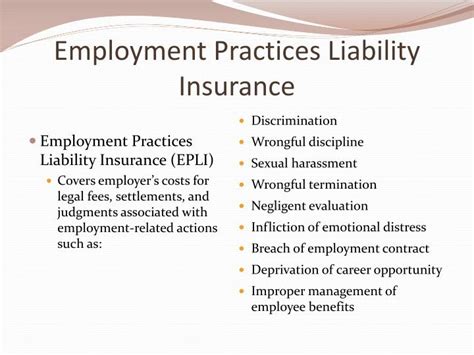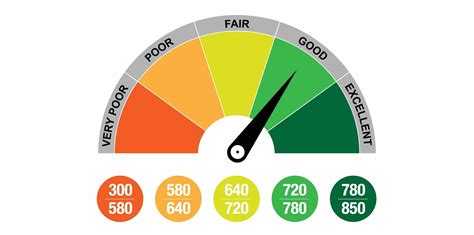
Life insurance is a type of insurance policy that provides financial protection to your loved ones in case of your death. It is an important investment for anyone who has dependents, such as children or a spouse, or anyone who wants to ensure their final expenses are covered. In this article, we will discuss the basics of life insurance, the types of policies available, and what to consider when choosing a policy.
What is Life Insurance?
Life insurance is a contract between you and an insurance company, where you agree to pay a premium in exchange for a death benefit that will be paid out to your beneficiaries upon your death. The death benefit is typically a lump sum payment that can be used to cover expenses such as funeral costs, outstanding debts, and living expenses for your dependents.
Types of Life Insurance Policies
There are two main types of life insurance policies: term life insurance and permanent life insurance.
Term Life Insurance
Term life insurance provides coverage for a specified period of time, usually 10, 20, or 30 years. The premiums for term life insurance are typically lower than permanent life insurance, making it a popular choice for those who want coverage for a specific period of time, such as until their children are grown or their mortgage is paid off.
If you die during the term of the policy, your beneficiaries will receive the death benefit. However, if you outlive the policy, the coverage will expire and you will not receive any benefits.
Permanent Life Insurance
Permanent life insurance provides coverage for your entire life, as long as you continue to pay the premiums. There are two main types of permanent life insurance: whole life insurance and universal life insurance.
Whole life insurance provides a fixed death benefit and a guaranteed cash value that grows over time. The premiums for whole life insurance are typically higher than term life insurance, but the policy provides lifelong coverage and can be used as an investment vehicle.
Universal life insurance provides a flexible death benefit and a cash value that earns interest based on market conditions. The premiums for universal life insurance are typically lower than whole life insurance, and the policy can be adjusted to fit your changing needs.
Factors to Consider When Choosing a Life Insurance Policy
Choosing a life insurance policy can be overwhelming, but there are several factors to consider to help you make the best decision for you and your loved ones.
Amount of Coverage
The amount of coverage you need will depend on your personal circumstances, such as your income, debts, and dependents. A general rule of thumb is to have coverage that is equal to 10 times your annual income. However, this may not be enough if you have significant debts or dependents who require ongoing care.
Premiums
The premiums for life insurance can vary widely depending on the type of policy, the amount of coverage, and your age and health. It is important to choose a policy that fits your budget and that you can afford to pay over the long term.
Health and Age
Your health and age will also affect the cost of your life insurance premiums. If you are young and healthy, you can typically get lower premiums than if you are older or have pre-existing health conditions. It is important to disclose any health issues when applying for life insurance, as failure to do so can result in a denial of coverage.
Term Length
If you choose term life insurance, you will need to decide on the length of the policy. Consider how long you will need coverage, such as until your children are grown or your mortgage is paid off.
Beneficiaries
You will need to designate beneficiaries for your life insurance policy. Consider who would be most affected financially by your death and who you want to ensure is taken care of after you are gone. You can choose one or more beneficiaries and designate how the death benefit should be divided among them.
Riders
Riders are additional provisions that can be added to your life insurance policy to provide extra protection or benefits. Common riders include accidental death and dismemberment coverage, waiver of premium in case of disability, and accelerated death benefit for terminal illness.
Conclusion
Life insurance is an important investment for anyone who wants to ensure their loved ones are taken care of in case of their death. There are many factors to consider when choosing a life insurance policy, including the type of policy, the amount of coverage, the premiums, and the riders. It is important to do your research and choose a policy that fits your personal circumstances and provides the financial protection you need.





